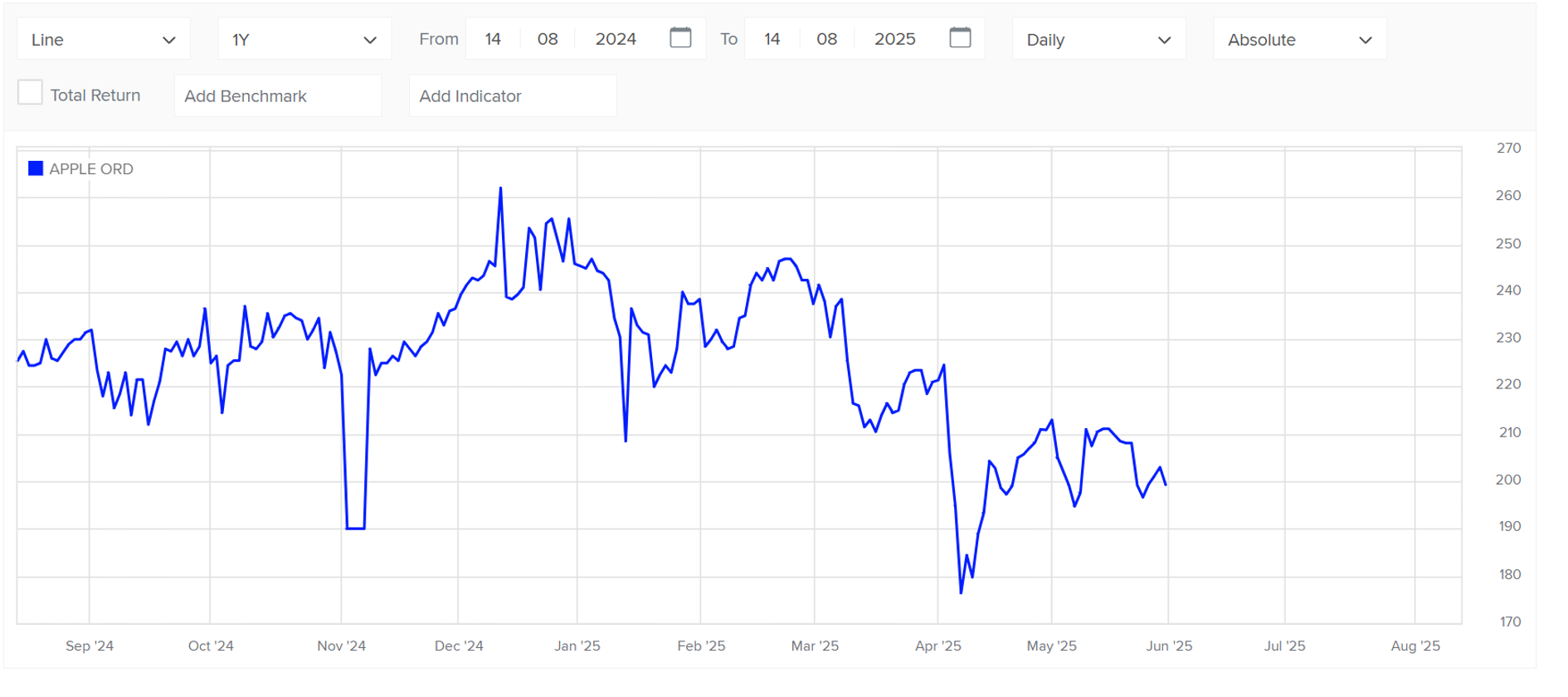Accounting and Finance academic Pavan Chakravarthula explains what the stock market is, how it works, and why it matters for both companies and investors.
What is the stock market?
In simple terms stock market is a place to buy and sell shares and other financial instruments of various publicly traded companies. Similar to buying fruits and vegetables online through delivery apps, stocks also can be bought and sold online through trading platforms. Companies like Google, Microsoft, Tesco and more, mobilise the required capital to run their businesses through financial instruments such as ordinary shares, preference shares, debentures, and bonds. They issue these instruments to various investors who pay money to buy shares and other instruments.
The stock market is a platform that connects companies with investors.
- For companies: It’s a way to raise capital by offering ownership (shares) to investors.
- For investors: It’s an opportunity to earn returns through price appreciation and dividends.
Major stock exchanges in the world include the London Stock Exchange (LSE), the New York Stock Exchange (NYSE), National Stock Exchange of India (NSE). These exchanges regulate various stock markets and reflect economic trends, investor sentiment and corporate performance. More information about London Stock Exchange can be found at https://www.londonstockexchange.com/
Accounting and Finance
Find out more about our courses
The basics of stocks
A stock represents a fractional ownership in a company. When you buy a share, you become a shareholder entitled to a portion of the company’s profits and, in some cases, voting rights on company matters.
For example, if the total number of shares in a corporation is 1,000 and Mr. John Doe owns 50 shares of the corporation. This means, he owns 5% of the corporation. [(50 / 1000 shares)*100]
There are two main types of stocks:
- Common stocks: Offer voting rights and potential dividends.
- Preferred stocks: Typically offer fixed dividends but limited voting rights.
Stock prices fluctuate based on the company’s performance, economic indicators, market sentiments and global events.

- Start small: Use virtual trading platforms to practice without risk.
- Read widely: Books like The Intelligent Investor by Benjamin Graham or A Random Walk Down Wall Street by Burton Malkiel are great starting points.
- Stay curious: Follow market trends, attend webinars, and engage with financial communities.
- Ask questions: At BCU, our lecturers and tutors are here to guide you -don’t hesitate to reach out.
- Think long-term: Investing is a marathon, not a sprint. Focus on building knowledge and discipline.
Learning more through BCU’s Accounting and Finance course
Our Accounting and Finance programmes at undergraduate and postgraduate levels offer modules that directly link to stock market knowledge:
- Financial Markets and Institutions
- Investment Analysis
- Corporate Financial Strategies
- Quantitative Methods for Finance
Students gain hands-on experience with Bloomberg terminals, engage in simulated trading environments, and explore real-world case studies. This practical exposure is invaluable for careers in investment banking, asset management, and financial consultancy.
